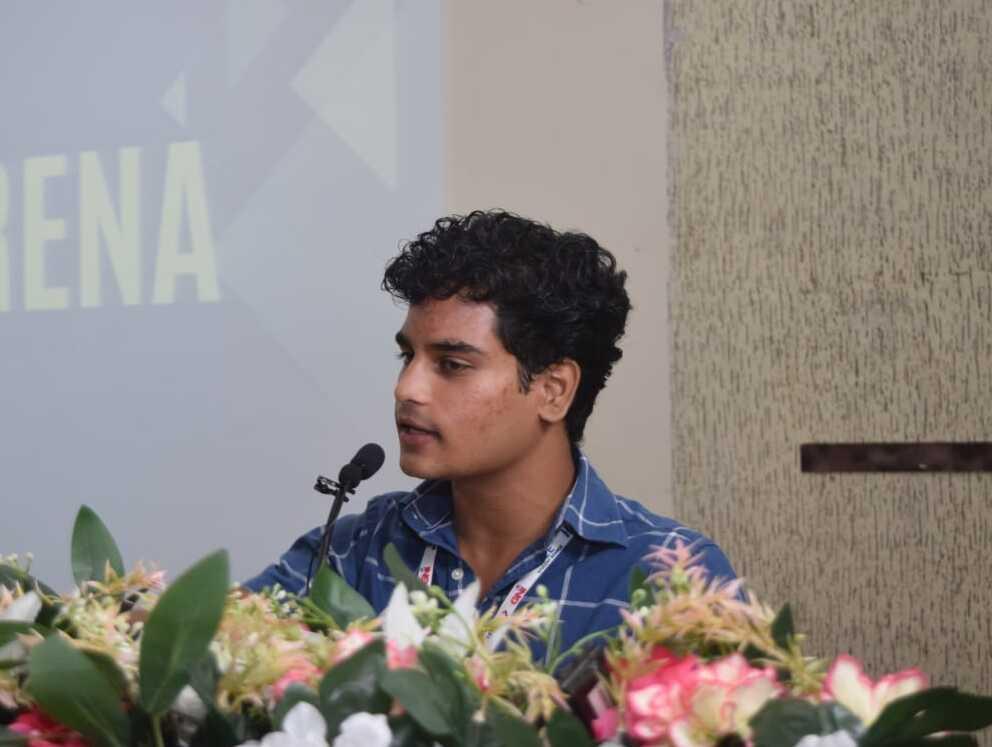About KAKI
Pioneering the next generation of AI through deeper understanding of data.
Our Mission
Lee Cann Yu observed that modern LLMs have only the knowledge of a 4-year-old due to data being at a superficial level. At KAKI, we're changing that paradigm.
We create AI that understands the inherent nature and physics of things. Our data has both the obvious labels as well as the underlying "why" behind it.
This approach enables our models to reason about the world in ways that current AI systems cannot—understanding not just what things are, but how they work, interact, and relate to each other.
Beyond Surface Data
Creating datasets that capture the deep structure and relationships
Understanding Why
Teaching AI the fundamental principles behind the data
Domain Expertise
Building specialized models for complex technical fields
Real-World Impact
Creating AI that solves practical problems with deeper understanding
Our Founder

Divyesh Bine
Founder & CEO
Divyesh Bine is a visionary in the field of AI and data engineering. With a passion for creating AI systems that truly understand the world, he founded KAKI to challenge the current paradigms of machine learning.
Divyesh recognized that most AI systems today only scratch the surface of understanding, lacking the deeper comprehension that comes from truly understanding the relationships and physics behind the data.
Under his leadership, KAKI is pioneering new approaches to data collection and model training that enable AI to develop a more profound understanding of specialized domains.
Our Approach
We're reimagining how AI learns by focusing on the depth of understanding rather than just the breadth of data.
Deeper Data Collection
Rather than simply gathering enormous quantities of surface-level data, we focus on creating datasets that capture the complex relationships and underlying principles of the domains we work in.
Physics-Aware Models
Our models are designed to understand not just patterns but the physical constraints, principles and laws that govern real-world systems, enabling them to make more accurate predictions and generate more realistic outputs.
Domain Specialization with No effect to training time
We focus on building models for specific technical domains where deep understanding is crucial. Our first offering, BOOMI, demonstrates this approach in architectural design, where understanding structural relationships is essential not just training on bunches of simple data while still avoiding overfitting.

